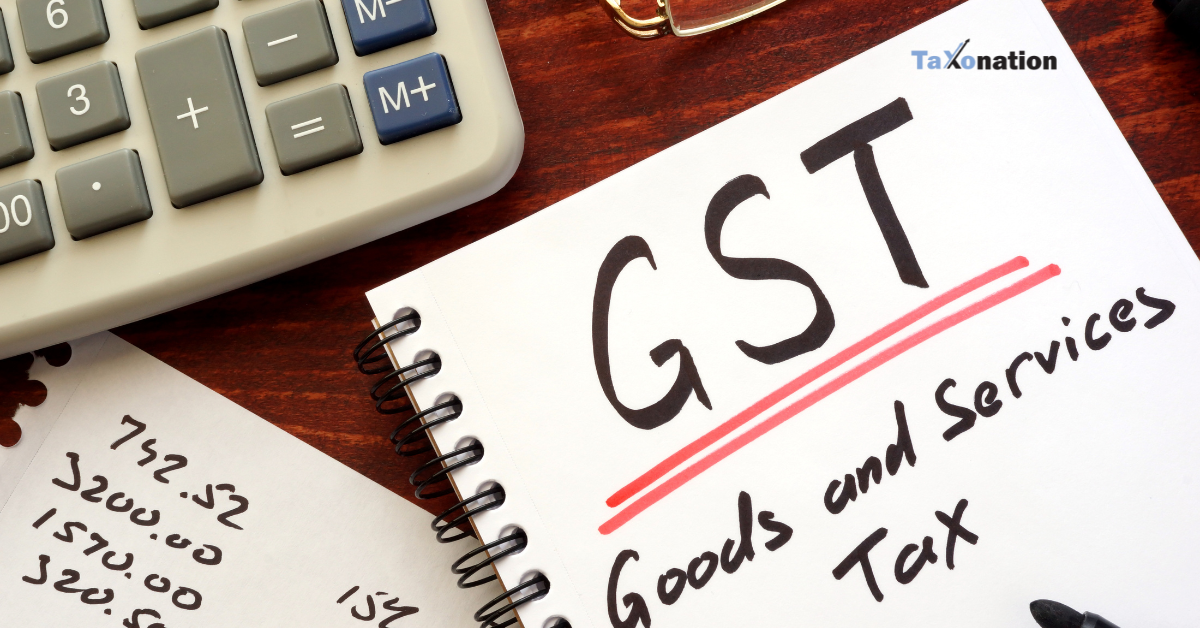
Real estate developers have urged the government to reconsider the proposal of charging 18% Goods & Services Tax (GST) on floor space index and additional FSI charges paid to local authorities for realty projects. The pan-India developers’ body Credai has said that imposing GST on FSI charges could increase housing prices by 10% and adversely impact demand.
It said the move may also impact affordability and the Housing for All mission.
The move comes after a media report said that the GST Council, in its meeting on December 21, is expected to decide on implementing 18% GST on FSI and additional FSI charges. The 55th GST Council meeting is scheduled to be held in Jaisalmer, Rajasthan.
FSI, also known as floor area ratio (FAR), determines the maximum permitted floor area that can be developed on a given plot of land and controls the construction density in that area.
In a letter addressed to the Finance Minister, CREDAI on December 20 urged the Central Government to reconsider the proposition of charging 18% GST on FSI/ Additional FSI charges paid to local authorities for real estate projects.
The builders said the move would substantially impact project costs and increase housing prices by approximately 10% across various parts of the country. It said that imposing GST on these charges, either retrospectively or prospectively, would also affect housing demand and supply as it would raise significant economic and viability concerns.
CREDAI said that retrospective GST clarification on such payments would burden developers with enormous unforeseen liabilities, disrupting the financial and cost planning of ongoing and completed projects. The resulting financial pressures could potentially lead to stalled developments and jeopardize the financial security of homebuyers invested in these projects.
May impose an additional financial burden on end consumers
It said in its letter that even prospective applications would substantially elevate construction costs, imposing an additional financial burden on end consumers and deteriorating housing affordability issues, hindering the collective mission towards ‘Housing for All’.
The industry is already burdened by rising raw material costs, and such additional charges will make affordable housing projects economically unviable. This could potentially push the prices upwards by 7-10% and directly impact the purchasing power of the middle-class segment, which constitutes 70% of total homebuyers.
Additionally, developers are excluded from claiming ITC on GST, which will further accrue costs and lead to double taxation, which will increase prices as a direct consequence.
To avoid any adverse impact on housing demand and supply and on the ripple effect on the Indian economy, CREDAI urges the government to maintain the status quo and keep FSI charges outside the scope of taxability.
The president, CREDAI said that “FSI/ Additional FSI Charges constitute a significant part of the project cost, and the proposal to impose 18% GST on such charges could prove to be counterproductive and act as a deterrent to housing supply and demand, owing to additional financial obligations and increasing housing prices as a direct consequence. We strongly request and recommend that the Government keep the FSI charges exempt from GST. Any retrospective or prospective charges could destabilize the financial foundations of numerous projects, hampering developers' ability to facilitate timely possession.”
Credai also noted that the provision of FSI and the levy of various charges and fees squarely fall within the functions envisaged in the 12th schedule of the constitution, excluding the same from the levy of GST.
Source from: https://www.hindustantimes.com/real-estate/real-estate-developers-urge-government-to-reconsider-18-gst-